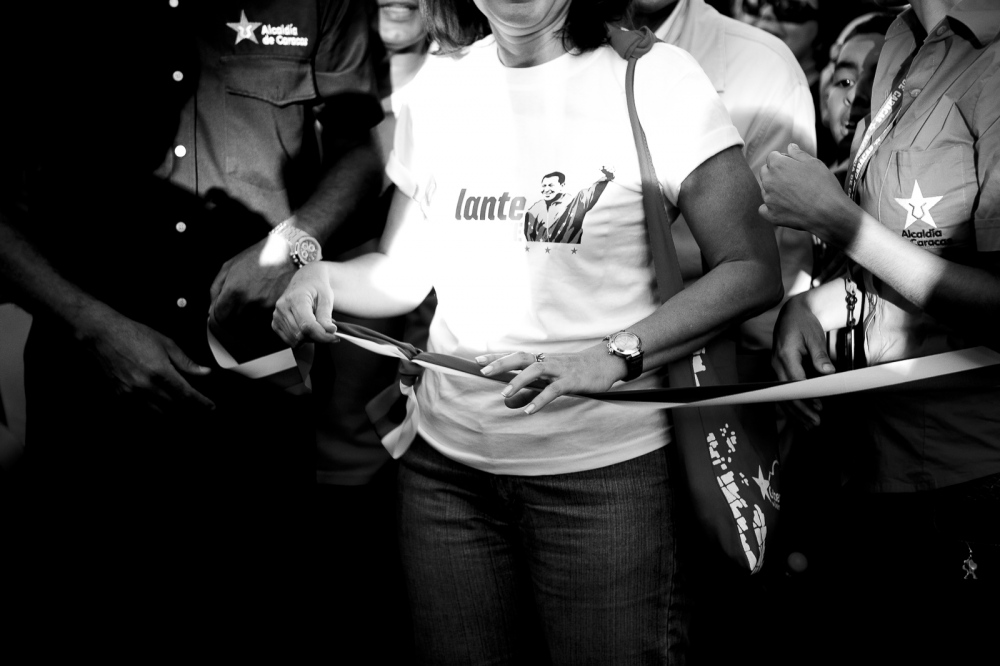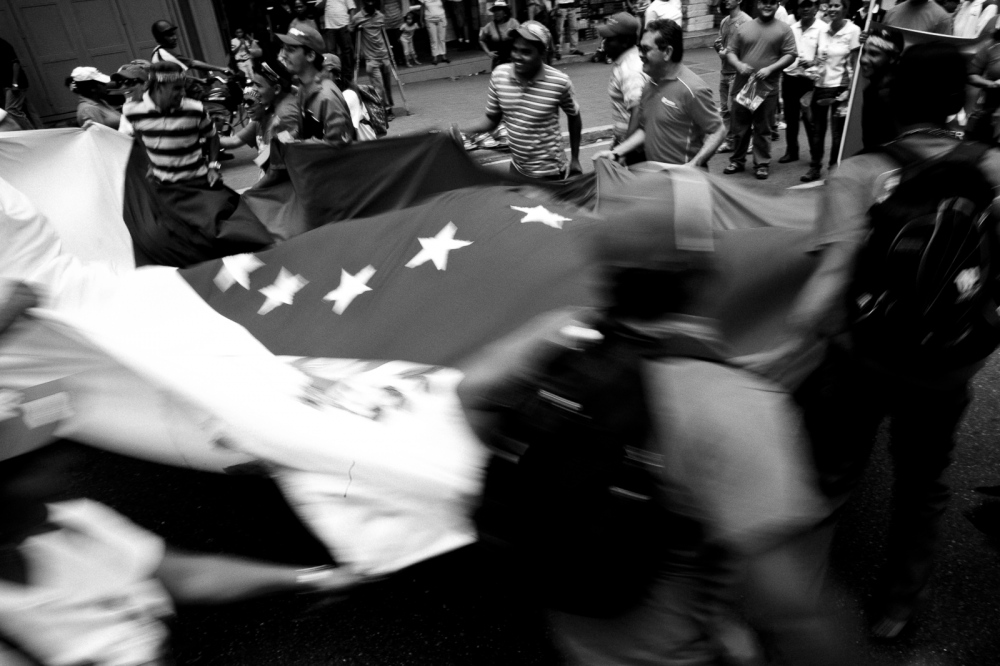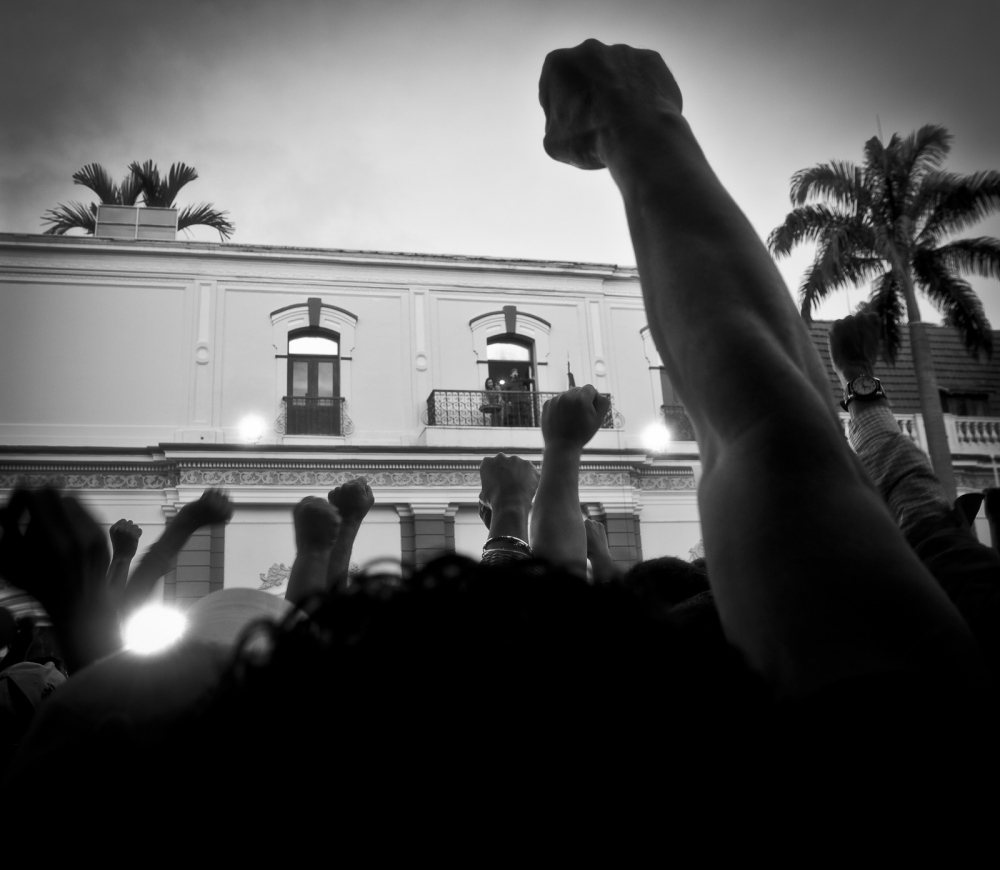At the end of June 2011, I arrived in Caracas, the capital of the Bolivarian Republic of Venezuela with the objective to cover the celebrations of the 200 years of independence from Spain. But at the time, there was a bigger story developing. President Hugo Chávez was missing from national life.
Hated by some and idolised by many, Chávez revolutionised not only his nation but also other countries in Latin America, with his political views and what he called the "21st Century Socialism", supported by the petrodollars from Venezuela"™s massive oil reserves. He gave voice and hope to the poor people neglected by the country"™s elite by creating social, health and housing programs, and with their support, the Bolivarian Revolution went from strength to strength since he won his first election in 1999.
At that time rumours start spreading around the country that the President wouldn't come back. Venezuelans were questioning if he was alive, inaugurations were lacking his presence, political instability was growing, and supporters were worried at the sign of losing their Comandante. It would be the beginning of the end of the Chávez era. He ruled the country for another year and a half, with months of treatment in between, winning the third re-election on the way until he passed away on the 5th March 2013.
With the Comandante gone, new elections were called to choose the new President. Nicolás Maduro, a Chávez protégé, won highly contested elections with 1% difference to the opposition. The country was then more polarised than ever, and dissatisfaction in the country grew, when scarcity of essential products, crime and poverty rose to higher levels due to the drop of oil prices that the country is so dependent on.
At the beginning of February 2014, students start protesting on the streets of the principal cities of Venezuela about security and conditions on the University campus. As the protest movement gained steam, the protests have become more about civil rights and the Right to Protest itself rejecting the government's criminalisation of all dissent as about the original purpose. At the same time, it became an anti-government rebellion; with streets being blocked and running battles with security forces taking place night after night. As a result of the protests, 43 people were killed, and hundreds were injured and arrested, due to the violent repression by Government forces. Opposition leaders were also arrested on the charge of inciting the protests even if they never went on trial.
Venezuela will never be the same. There will always be a before and after Hugo Chávez and only time and history will say if his legacy and his Revolution were a positive change or a mistake that took this wealthy country into the abyss.



































